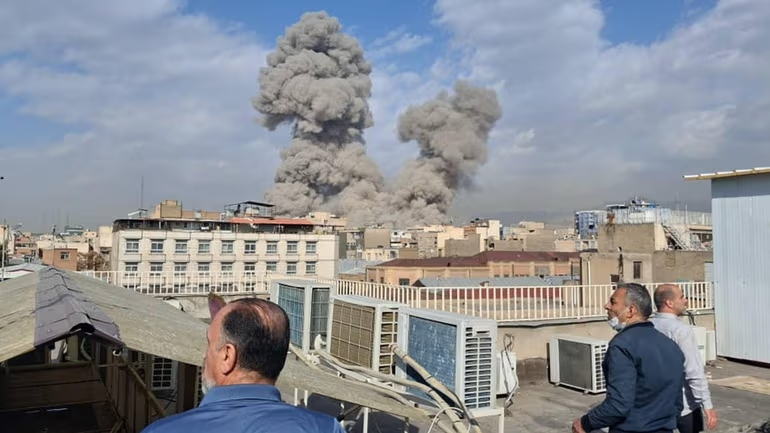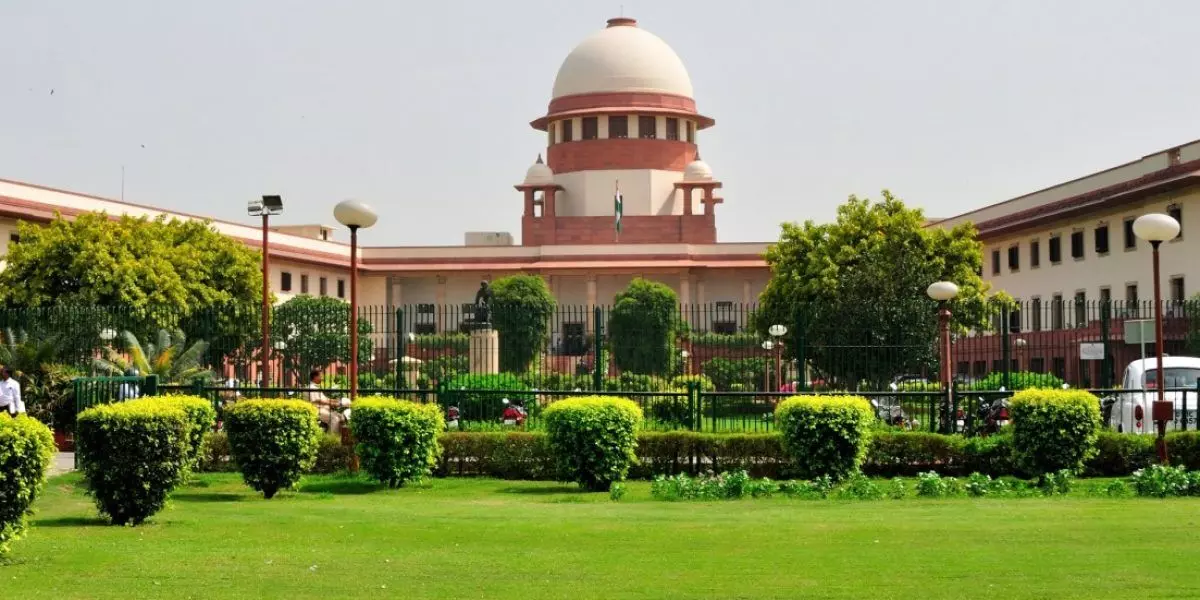
SC dismisses petition against delimitation in J&K
text_fieldsNew Delhi: The Supreme Court today dismissed petitions that challenged the Delimitation Commission that has redrawn the constituencies in the Union Territory of Jammu and Kashmir.
A bench headed by Justice Sanjay Kishan Kaul and comprising Justice A.S. Oka clarified that the decision on delimitation would not affect a separate batch of matters where abrogation of Article 370 is under challenge before a constitution bench of the apex court.
The delimitation commission was set up for redrawing the assembly and parliamentary constituencies in Jammu and Kashmir after it was bifurcated and downgraded into two Union Territories in 2019, when its special status under Article 370 of the Constitution was scrapped.
The Opposition alleges that the constituencies were redrawn in a way that favours the BJP.
The apex court delivered judgment in a petition filed by two Srinagar residents, Haji Abdul Gani Khan and Dr Mohammad Ayub Mattoo, challenging the increase in the number of seats from 107 to 114 in the UT. The petitioners had argued that it was ultra vires Articles 81, 82, 170, 330 and 332 of the Indian Constitution and Section 63 of the Jammu & Kashmir Reorganisation Act, 2019.
They argued that the constituencies across India were fixed on the basis of the 1971 Census and that should remain unchanged until the first census after 2026.
The commission submitted its report recommending 90 Assembly and 5 parliamentary constituencies in the Union Territory after completing delimitation in May last year.
The new Jammu and Kashmir assembly has 114 seats. While 24 seats are assigned to Pakistan-occupied Kashmir (PoK), voting will take place for 90 seats, 43 in the Jammu region and 47 seats in the Kashmir Valley. The Delimitation Commission has recommended that PoJK (Pak-Occupied Jammu and Kashmir) refugees and two Kashmiri migrants be nominated to the assembly.
Following the changes, the Election Commission started revising the electoral rolls for Jammu and Kashmir, where elections are due after the region was placed under President's Rule in 2018.























